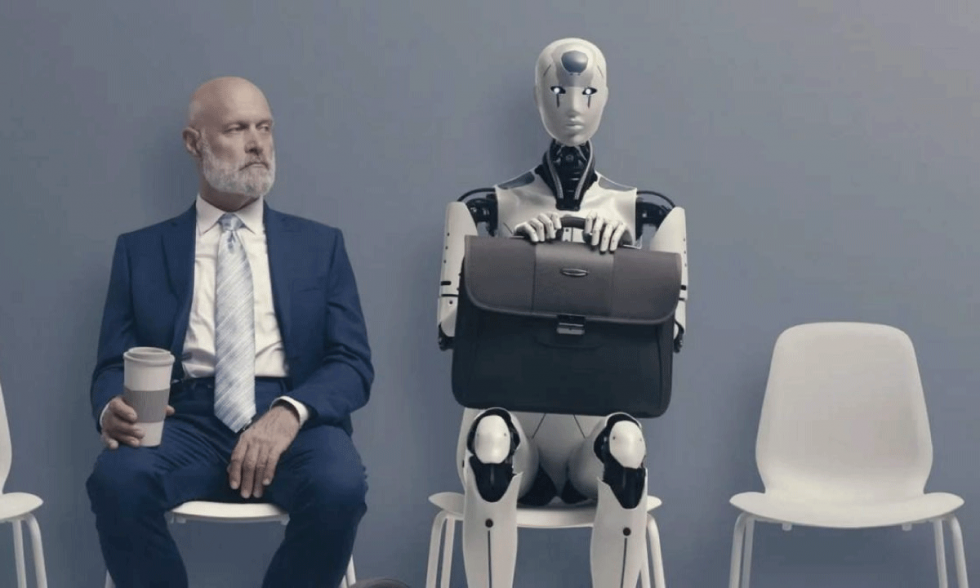The Global Challenge of Artificial Intelligence: Why Specialized Education Matters
Artificial Intelligence (AI) has transitioned from being a futuristic concept to a transformative force shaping industries, economies, and daily life across the globe. From healthcare systems leveraging AI for early disease detection to financial institutions using algorithms for risk assessment, AI applications have become both ubiquitous and indispensable. However, this rapid expansion has also sparked concerns about ethics, governance, and the workforce’s readiness to adapt to such disruptive change.
A recent report from PwC estimated that AI could contribute up to $15.7 trillion to the global economy by 2030, a figure that highlights its enormous potential. At the same time, the World Economic Forum (WEF) has warned that without proper regulation and trained professionals, the risks of misuse, job displacement, and bias could undermine trust in these technologies. This dual reality—promise and peril—underscores the urgency of equipping leaders and professionals with the knowledge and tools to navigate AI responsibly.
A Technology That Shapes Societies
AI is not just a technological trend; it is a socio-economic phenomenon. Governments are increasingly recognizing the importance of regulation, with the European Union advancing its AI Act, the first comprehensive legislation worldwide. Meanwhile, in the United States, discussions continue about balancing innovation with accountability, while countries in Asia are competing to become global leaders in AI development.
Beyond regulations, there is a pressing need for a global workforce that understands both the technical and ethical implications of AI. It is not enough to design powerful algorithms; professionals must also be prepared to address questions of transparency, fairness, and societal impact.
The Skills Gap in Artificial Intelligence
Despite its prominence, AI faces a critical skills gap. According to LinkedIn’s 2024 Workplace Learning Report, AI and machine learning remain among the most in-demand skills worldwide, yet employers consistently report difficulties finding qualified candidates. This mismatch slows innovation and creates vulnerabilities, especially in industries where AI is applied to sensitive fields such as healthcare, security, or education.
One of the main challenges is that AI requires interdisciplinary knowledge. Professionals must combine expertise in computer science, mathematics, and engineering with an understanding of ethics, law, and business strategy. Traditional degree programs often fail to provide this comprehensive approach, leaving graduates unprepared for real-world complexities.
Education as a Global Solution
Universities and institutes of higher education have a crucial role in bridging this gap. By designing programs that integrate technical expertise with ethical reasoning and strategic decision-making, higher education institutions are shaping the leaders of tomorrow.
An example of this approach is the Master of Science in Artificial Intelligence at Blackwell Global University, a private higher education institution based in the United States. The program emphasizes not only technical proficiency in areas like natural language processing, neural networks, and robotics but also equips students with the ability to analyze ethical implications, manage AI projects, and develop global perspectives.
This dual focus is particularly relevant for professionals who aspire to lead innovation in multinational organizations or public institutions. By combining academic rigor with a global outlook, programs like this address the urgent need for qualified experts who can both drive and regulate the adoption of AI.
Why International Perspective Matters
Artificial Intelligence knows no borders. Algorithms developed in one country are often deployed across continents, raising questions about cultural differences, data privacy laws, and geopolitical tensions. For this reason, AI education cannot be limited to a national framework; it must include a global perspective.
Blackwell Global University integrates this approach by connecting students with faculty and peers from diverse cultural and professional backgrounds, enabling discussions that enrich understanding of AI’s impact worldwide. This global academic environment fosters collaboration and prepares graduates to lead in contexts where international cooperation is essential.
Preparing for the Future
The future of Artificial Intelligence depends on today’s decisions about how it is developed, taught, and applied. Professionals trained in comprehensive and ethically grounded programs will be critical in ensuring that AI remains a tool for progress rather than division.
The stakes are high. On one side, AI promises to accelerate medical discoveries, improve climate change modeling, and make economies more efficient. On the other, unregulated AI could lead to social inequalities, misinformation, and security threats. Bridging this divide requires not only innovation but also education that prepares professionals for leadership roles in this fast-changing environment.
Looking Ahead
Artificial Intelligence will continue to expand its influence on industries and societies worldwide. The question is no longer whether AI will shape the future, but how humanity chooses to shape AI. Education is the cornerstone of this process, empowering professionals with the vision and skills to drive responsible innovation.
Institutions like Blackwell Global University are setting the standard by offering specialized programs that blend technical mastery with ethical leadership. For students and professionals worldwide, pursuing advanced education in AI is not just a career move; it is a commitment to shaping the future responsibly and inclusively.
Related Articles

ChatGPT’s strategic prompts are reshaping entrepreneurial education by enabling the creation of automated, high-revenue business models without traditional employee structures. This trend highlights the growing role of AI as both an instructional and operational tool for founders and business learners.
Todos los derechos reservados



Comentarios